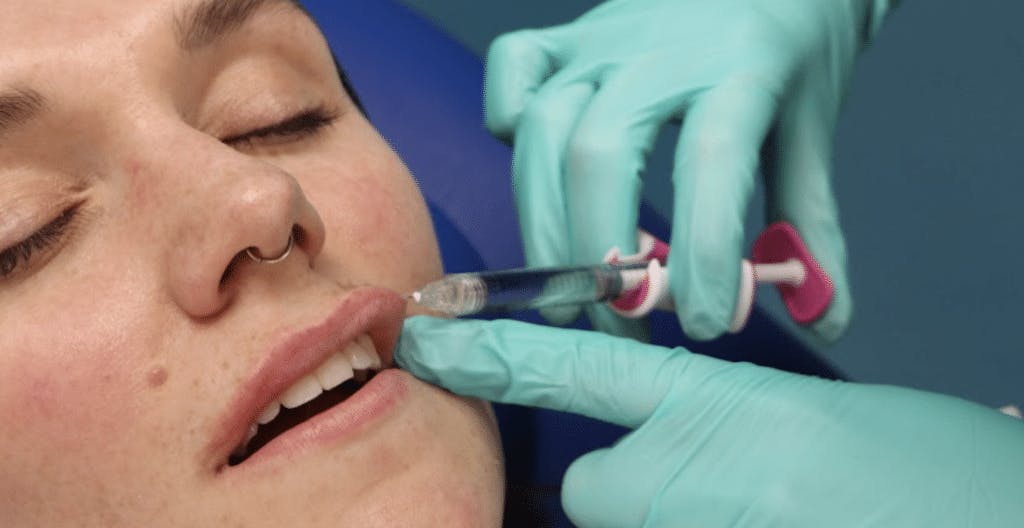Late Inflammatory Reactions To Dermal Fillers

Netherlands researchers have been investigating hypersensitivity and late inflammatory reactions to dermal fillers. Specifically, this refers to hyaluronic acid-based (HA) fillers.
Teams from the Erasmus Medical Centre in Rotterdam and the Department of Dermatology at the Amsterdam University medical centre have published their findings. These can be found in the Clinical, Cosmetic and Investigational Dermatology journal.
Hypersensitivity and late inflammatory reactions to HA fillers

A lack of understanding of the etiology of late inflammatory reactions (LIRs) to HA fillers led to this study. The researchers advised some people believe LIRs stem from hypersensitivity reactions, despite the fact that “evidence to support this is very scarce”.
In order to elucidate whether immediate or delayed hypersensitivity reactions follow HA fillers, 12 patients were studied.
Each underwent both a general allergy test and a series of 0.1cc bolus intradermal tests using a number of HA fillers.
The study authors advised that a “positive allergic reaction was defined as erythema, firmness or swelling.”
They further noted, “During the four month follow-up, no reactions to any of the tested HA fillers were reported. No correlation was found between results from the general allergic screening and a history with LIRs to HA fillers.”
It was, therefore, concluded that “neither type I nor type IV hypersensitivity plays a role in late inflammatory reactions to hyaluronic acid fillers”.
Dealing with late inflammatory reactions

LIRs new injectors should be aware of include swelling of injected filler following the COVID vaccine or biofilm formation, for example.
Our Level 7 Diploma in Botox & Dermal Filler trainees learn how to tackle such cases in our injectable training courses. However, if you require a more in-depth understanding of dealing with LIRs or if you are a medical professional who would like a refresher, our Preventing and Managing Complications course is for you.
This type of medical injecting knowledge and complications training is a key selling point for medical professionals practicing aesthetic medicine. Patients want to know their injector can prevent, or at least identify and treat any adverse events that may arise. And they really do happen for every injector, no matter how experienced or careful you are!
This is why knowing what to do in these situations is crucial and having systems in place will bring both you and your patient confidence.
All information correct at the time of publication.
Download our full prospectus
Browse all our injectables, dermal fillers and cosmetic dermatology courses in one document
By submitting this form, you agree to receive marketing about our products, events, promotions and exclusive content. Consent is not a condition of purchase, and no purchase is necessary. Message frequency varies. View our Privacy Policy and Terms & Conditions
Attend our FREE open evening
If you're not sure which course is right for you, let us help
Join us online or in-person at our free open evening to learn more
Our Partners














STAY INFORMED
Sign up to receive industry news, careers advice, special offers and information on Harley Academy courses and services

